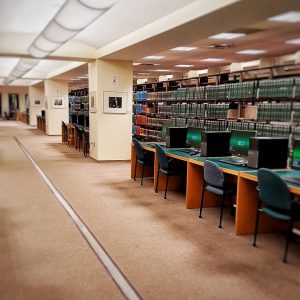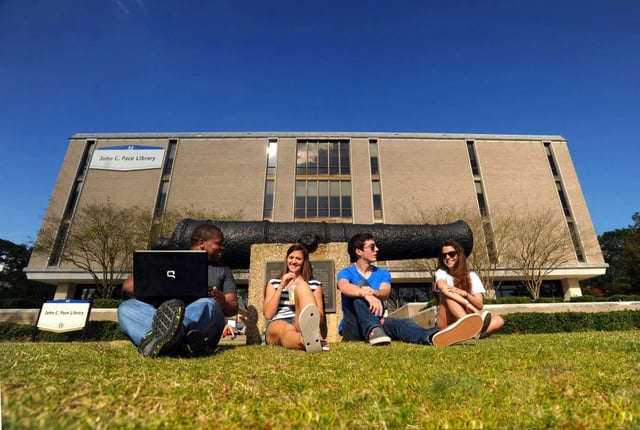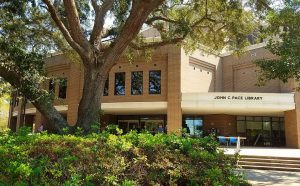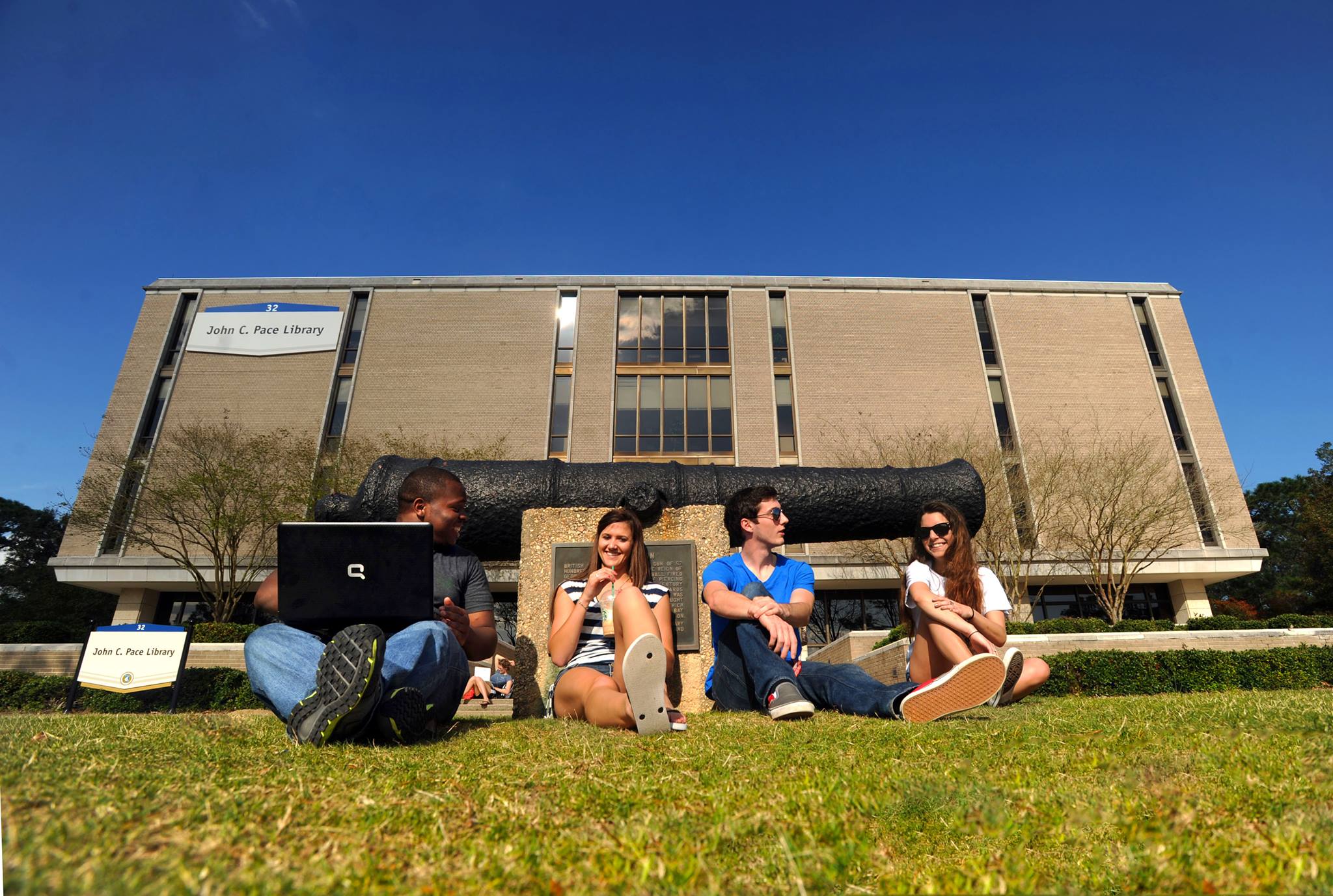Hillary Fox is bringing library support into nursing classes with her embedded librarian program at the University of West Florida. Read more to explore her initiative and see what it can offer your institution!
Working to advance research reproducibility at your institution? Apply for our Librarian Travel Award for your chance to attend the Charleston Conference in November 2017. Deadline for submissions is August 18, 2017.
- -
Hillary Fox is a science reference librarian with a background in research and three years of experience at the University of West Florida. She’s currently leading her institution’s first-ever embedded librarian program for the School of Nursing and is helping nursing students develop the research skills they need for success.
We caught up with Hillary to hear about her embedded librarian program, discuss how JoVE is benefitting her patrons, and get her advice for other librarians looking to cross the bridge between the library and teaching faculty.
 What made you choose to become a librarian?
What made you choose to become a librarian?
My undergraduate degree is in physical geography. I actually worked for a climate office in North Carolina and I loved the research aspect of that but not in analyzing meteorological or climatological data. After that, someone suggested I become a librarian. That's when I finally learned what librarians actually do. It's more than just reading.
Do you find that there's still a lot of confusion about what librarians do in academia?
It's really hit or miss. But I think there’s definitely an opportunity to do more to end the confusion. when the librarian can step out of their comfort zone and be a little more aggressive about doing outreach and really crossing that bridge with other faculty that’s a great step in ending the misconception that librarians just have a bunch of cats and read.
 Could you share some of the services that you offer to your patrons?
Could you share some of the services that you offer to your patrons?
We support student and faculty research through a number of programs including a textbook reserve program and one-shot instruction sessions. A big thing that we're trying to get going is our embedded librarian program, basically having a librarian as a more active presence in the classroom.
I'm leading that program with the School of Nursing right now and we have an online learning librarian who is also working to really try and strategize how this work could be brought into the online classroom.
And you submitted that embedded librarian program to our Librarian Travel Award contest. Could you give a brief summary of how this program increases reproducibility?
Of course! The reproducibility crisis is something that I carried with me all throughout graduate school. Working with students in the sciences now, it’s something that I continue to see and something that I appreciate from a scientific standpoint.
When I was doing one-shot instruction sessions with nursing students the feedback I kept getting was, “I had no idea you were here or you could do any of this stuff!” I took that information to the nursing faculty and proposed we work together to develop a course plan that marries the nursing curriculum with the research skills needed to improve reproducibility.
For librarians, I am developing a toolkit of materials and resources I used to develop this program so that other librarians can reuse, repurpose, and reproduce a similar program for their own patrons.

What results have you seen from your program so far?
We’re measuring the value of this program with an assessment that students take before the library research session and again after. It measures how confident they are with using research skills. Every single test I've received back, the student has felt more confident after the library session.
Are librarians actively pursuing programs like this?
Embedded librarian programs aren’t new, but are new to us. They’ve really started to resurface as a hot topic and move in a new direction because for a lot of political and social reasons librarians are feeling a huge push to justify what we do in academia. With my embedded librarian program this has been one instance where our value is really clear to students, faculty, and administration.
 Are all those audiences finding the value in JoVE, as well?
Are all those audiences finding the value in JoVE, as well?
Definitely! One of the things we all get excited about is that it shows students there is this scholarly, trustworthy information in video form. It gets them to think outside the box in terms of research, to realize that there are other materials out there that are credible that aren't the traditional journal article. It gets used quite a bit over here.
I think having a fun video to actually explain concepts is a lot more appealing than listening to a lecture. It really breaks things up. It gets the students re-engaged with the session.
What's the one thing that librarians can do to best support scientific research and education?
Be aggressive about making your voice heard and make connections with the community that you’re serving. A big part of that is on a personal level, not being afraid to fail. When I was attempting to get into some classrooms, connect to some faculty, and when I was teaching I had some tremendous flops. Even though it went horribly, I learned from it. Just be persistent with whatever efforts you’re making. Try thinking outside of the box. Be aggressive and don't be afraid to fail.
- -
Working to advance research reproducibility at your institution? Apply for our Librarian Travel Award for your chance to attend the Charleston Conference in November 2017. Deadline for submissions is August 18, 2017.

